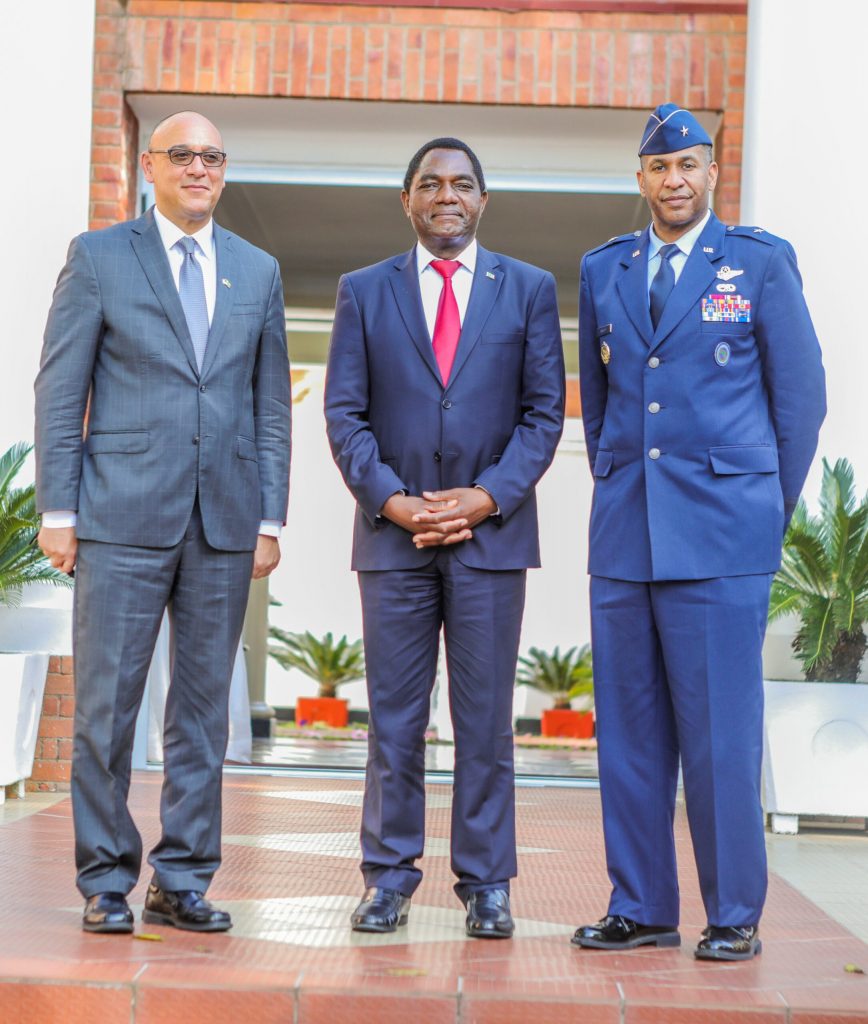
Because of Zambia’s Copper and to Thwart the Chinese
On April 25, the U.S. government announced that U.S. African Command (AFRICOM) will open an Office of Security Cooperation at the U.S. Embassy in Zambia.
Brigadier General Peter Bailey, AFRICOM’s Deputy Director for Strategy, Engagement, and Programs, made the announcement in Zambia during a meeting with Zambian President Hakainde Hichilema (HH), who took office on August 21, 2021.
According to AFRICOM, the new Office of Security Cooperation will “enhance military-to-military relations [between AFRICOM and Zambian armed forces] and expand areas of cooperation in force management, modernization and professional military education for the Zambian security forces.”
The U.S. government possesses a giant embassy in Lusaka and, since 2014, has invested more than $8 million in assistance for Zambian battalions deployed to a United Nations peacekeeping mission in the Central African Republic (CAR).
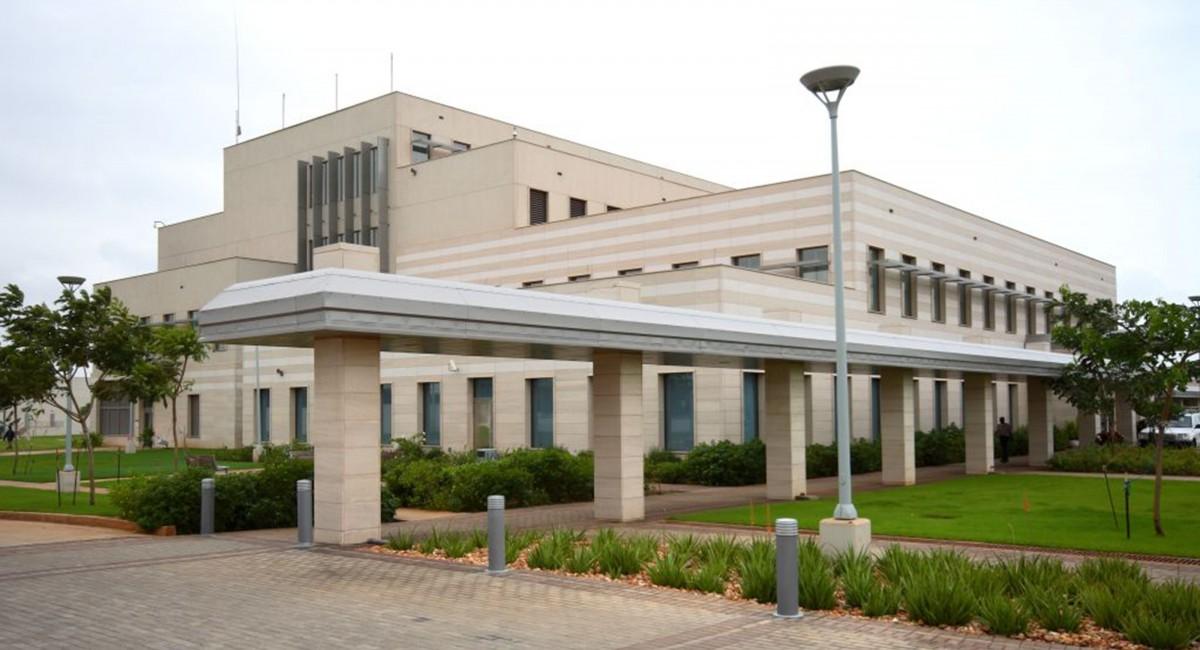
The U.S. is also rumored to possess secret spy facilities in Zambia, which borders on the mineral-rich Democratic Republic of Congo (DRC).
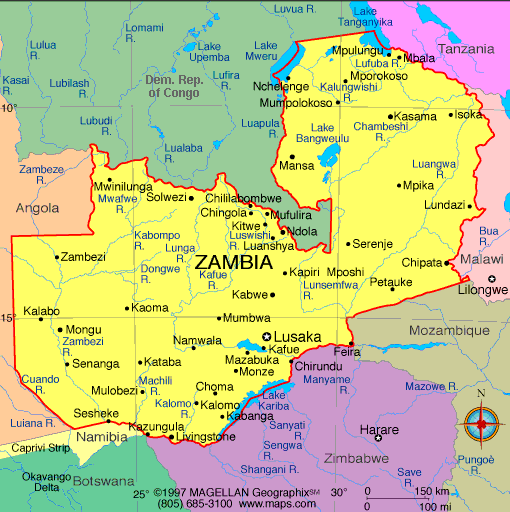
Betrayal of Non-Aligned Policy
Emmanuel Mwamba, Zambia’s former representative to the African Union (AU), had tried to block AFRICOM’s expansion into Zambia, following the precedent of Zambia’s last four presidents (Levy Mwanawasa, Rupiah Banda, Michael Sata and Edgar Lungu).
Mwamba emphasized that, since obtaining its independence from Great Britain in 1964, Zambia has promoted a non-aligned policy and cooperated with all powers, including Russia and China as well as the U.S.
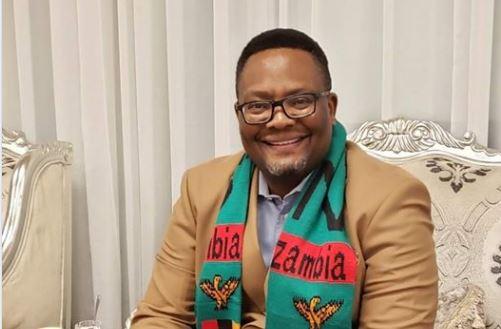
Mwamba further noted that the AU and Southern African Development Community (SADC) have tried to resist the establishment of U.S. and other foreign military bases and security offices in Africa, and have been developing their own standby military forces and security architecture designed to prevent a return to the era of colonialism.
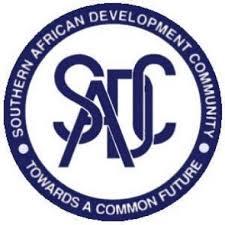
[Source: sadc.int] 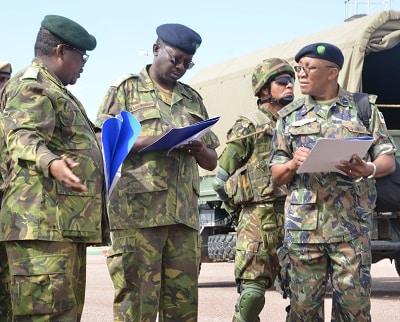
SADC security forces represent an important local alternative to AFRICOM. [Source: defenceweb.co.za]
“Copper is the New Oil”
The U.S. interests and motivations underlying the AFRICOM expansion in Zambia are not hard to discern.
As CAM previously reported, Zambia is one of the world’s leading producers of copper, which according to a recent Goldman Sachs report, Copper is the New Oil, is crucial in the transition to a clean energy economy.
Copper is a key electrical conductor and component for solar and wind power plants, electric vehicles and batteries, and energy-efficient buildings.
Hichilema was favored by the U.S. State Department in Zambia’s August 2021 election because of his pledge to boost domestic refining capabilities and loosen regulations and lower taxes on foreign mining companies operating in Zambia to enable a $2 billion expansion of copper production.
One of the big beneficiaries of the new policies is Barrick Gold, a Canadian company which owns the $735 million Lumwana copper mine in Solwezi and is poised to expand its operations.
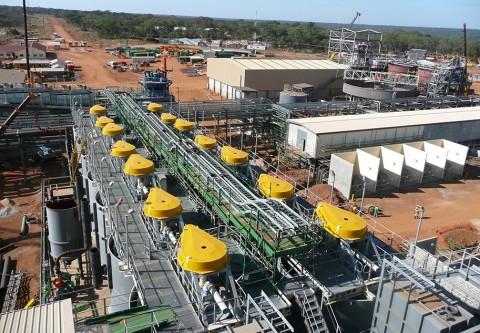
A major investor in Barrick Gold is BlackRock, the world’s largest asset manager operating out of Wall Street.
Its founder and CEO, Laurence Fink, was a donor to Barack Obama, Hillary Clinton, Chuck Schumer and John Kerry, along with Paul Ryan and other Republican and Democratic Party politicians who supported the expansion of AFRICOM.
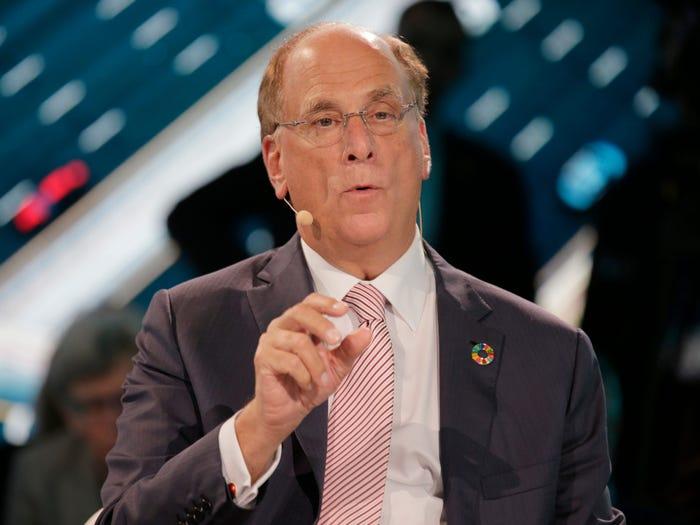
BlackRock further invested in Glencore and Vedanta Resources, which own additional Zambian copper mines and, like the others, have checkered records when it comes to workers’ rights and the environment.
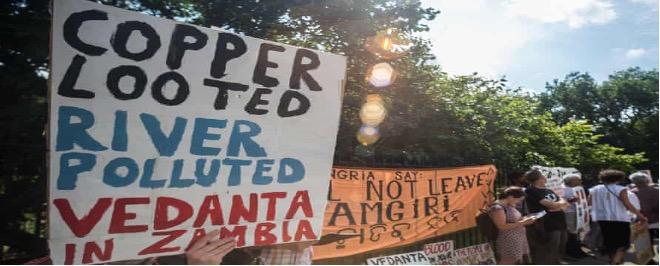
Protecting the Free Flow of Natural Resources
AFRICOM was established in 2007 with the official purpose of promoting a “stable and secure African environment in support of U.S. foreign policy.”
Today, AFRICOM sustains ties with 53 African nations and provides a cover for an estimated 9,000 U.S. troops stationed in Africa and at least 27 military bases.
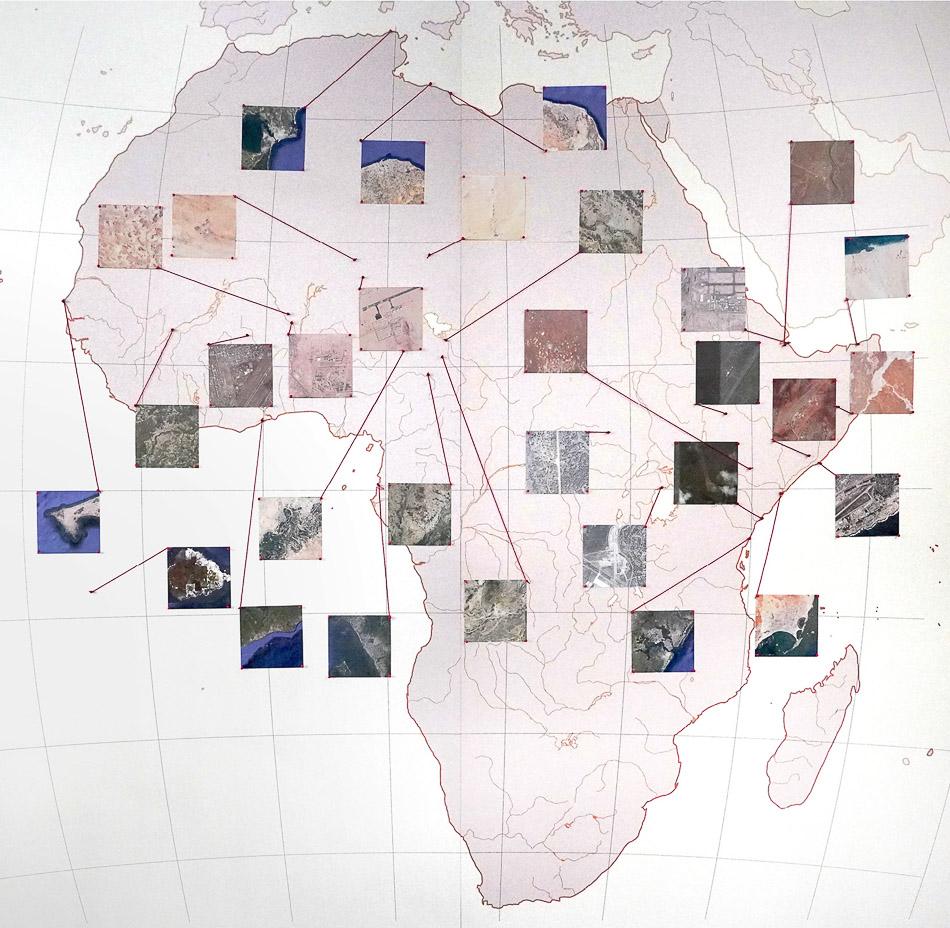
AFRICOM founder Vice Admiral Robert Moeller admitted that one of AFRICOM’s guiding principles was “protecting the free flow of natural resources from Africa to the global market.” That description applies very well in the Zambian case.
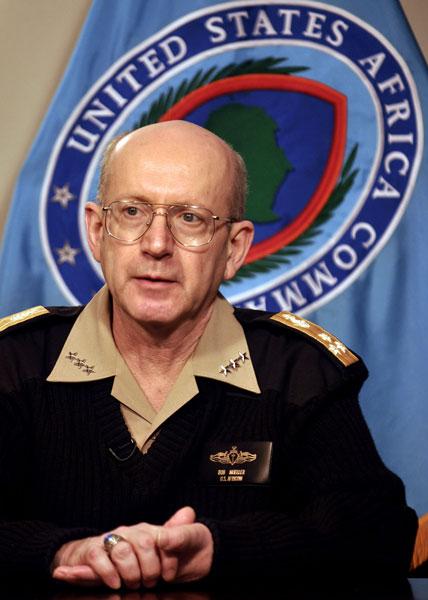
Great Game Struggle with Chinese
Tied to the motive of natural resources exploitation underlying AFRICOM’s expansion into Zambia is the growing geopolitical competition with China.
Zambia has been a significant recipient of China’s Belt and Road Initiative and, in 2018, the volume of China-Zambia bilateral trade reached $5 billion in U.S. dollars, with a year-on-year growth of 33.9%.
As of December 2020, more than 600 Chinese companies operated in Zambia, the majority in the Copperbelt. Zambia even boasts two Chinese-built special economic zones and allowed banking in the Chinese renminbi instead of the kwacha, dollar, or euro to facilitate trade with China.
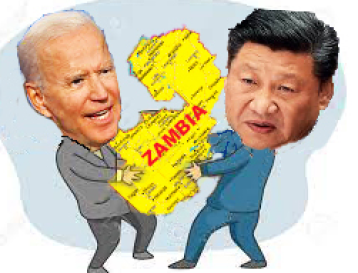
The latter is unacceptable to U.S. policy-makers who have attempted something drastic in response.
The danger of the AFRICOM expansion for Zambians is palpable not only in its function in protecting foreign control of its economy but aso in generating potential political instability.
According to Black Agenda Report, troops trained by AFRICOM have been behind nine coup d’états in Africa since AFRICOM’s formation.
Zambia could be next, particularly if Hichilema reverses his current policies in the mining sector, or if copper prices fluctuate because of some unforeseen event and Zambia’s economy falters more than it already has.

CovertAction Magazine is made possible by subscriptions, orders and donations from readers like you.
Blow the Whistle on U.S. Imperialism
Click the whistle and donate
When you donate to CovertAction Magazine, you are supporting investigative journalism. Your contributions go directly to supporting the development, production, editing, and dissemination of the Magazine.
CovertAction Magazine does not receive corporate or government sponsorship. Yet, we hold a steadfast commitment to providing compensation for writers, editorial and technical support. Your support helps facilitate this compensation as well as increase the caliber of this work.
Please make a donation by clicking on the donate logo above and enter the amount and your credit or debit card information.
CovertAction Institute, Inc. (CAI) is a 501(c)(3) non-profit organization and your gift is tax-deductible for federal income purposes. CAI’s tax-exempt ID number is 87-2461683.
We sincerely thank you for your support.
Disclaimer: The contents of this article are the sole responsibility of the author(s). CovertAction Institute, Inc. (CAI), including its Board of Directors (BD), Editorial Board (EB), Advisory Board (AB), staff, volunteers and its projects (including CovertAction Magazine) are not responsible for any inaccurate or incorrect statement in this article. This article also does not necessarily represent the views the BD, the EB, the AB, staff, volunteers, or any members of its projects.
Differing viewpoints: CAM publishes articles with differing viewpoints in an effort to nurture vibrant debate and thoughtful critical analysis. Feel free to comment on the articles in the comment section and/or send your letters to the Editors, which we will publish in the Letters column.
Copyrighted Material: This web site may contain copyrighted material the use of which has not always been specifically authorized by the copyright owner. As a not-for-profit charitable organization incorporated in the State of New York, we are making such material available in an effort to advance the understanding of humanity’s problems and hopefully to help find solutions for those problems. We believe this constitutes a ‘fair use’ of any such copyrighted material as provided for in section 107 of the US Copyright Law. You can read more about ‘fair use’ and US Copyright Law at the Legal Information Institute of Cornell Law School.
Republishing: CovertAction Magazine (CAM) grants permission to cross-post CAM articles on not-for-profit community internet sites as long as the source is acknowledged together with a hyperlink to the original CovertAction Magazine article. Also, kindly let us know at info@CovertActionMagazine.com. For publication of CAM articles in print or other forms including commercial internet sites, contact: info@CovertActionMagazine.com.
By using this site, you agree to these terms above.
About the Author

Jeremy Kuzmarov holds a Ph.D. in American history from Brandeis University and has taught at numerous colleges across the United States. He is regularly sought out as an expert on U.S. history and politics for radio and TV programs and co-hosts a radio show on New York Public Radio and on Progressive Radio News Network called “Uncontrolled Opposition.”
He is Managing Editor of CovertAction Magazine and is the author of six books on U.S. foreign policy, including Obama’s Unending Wars (Clarity Press, 2019), The Russians Are Coming, Again, with John Marciano (Monthly Review Press, 2018), Warmonger. How Clinton’s Malign Foreign Policy Launched the U.S. Trajectory From Bush II to Biden (Clarity Press, 2023); and with Dan Kovalik, Syria: Anatomy of Regime Change (Baraka Books, 2025).
Besides these books, Kuzmarov has published hundreds of articles and contributed to numerous edited volumes, including one in the prestigious Oxford History of Counterinsurgency .
He can be reached at jkuzmarov2@gmail.com and found on substack here.

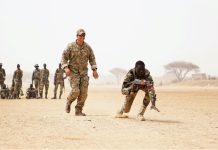

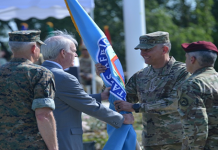

[…] April, AFRICOM announced that it would open an office in copper-rich Zambia as part of its ongoing […]
[…] April, AFRICOM announced that it would open an office in copper-rich Zambia as part of its ongoing […]
[…] April, AFRICOM announced that it would open an office in copper-rich Zambia as part of its ongoing […]
[…] May 9, 2022 CovertAction Magazine […]
[…] Hichilema, center. [Source: zm.usembassy.gov]The original source of this article is CovertAction MagazineCopyright © Jeremy Kuzmarov, CovertAction Magazine, […]
[…] Hichilema, center. [Source: zm.usembassy.gov]The original source of this article is CovertAction MagazineCopyright © Jeremy Kuzmarov, CovertAction Magazine, […]